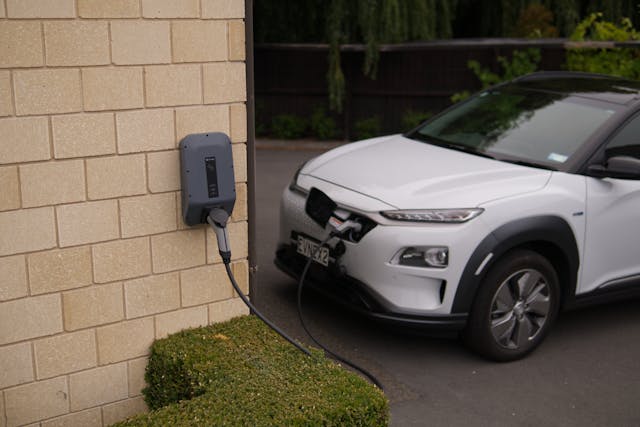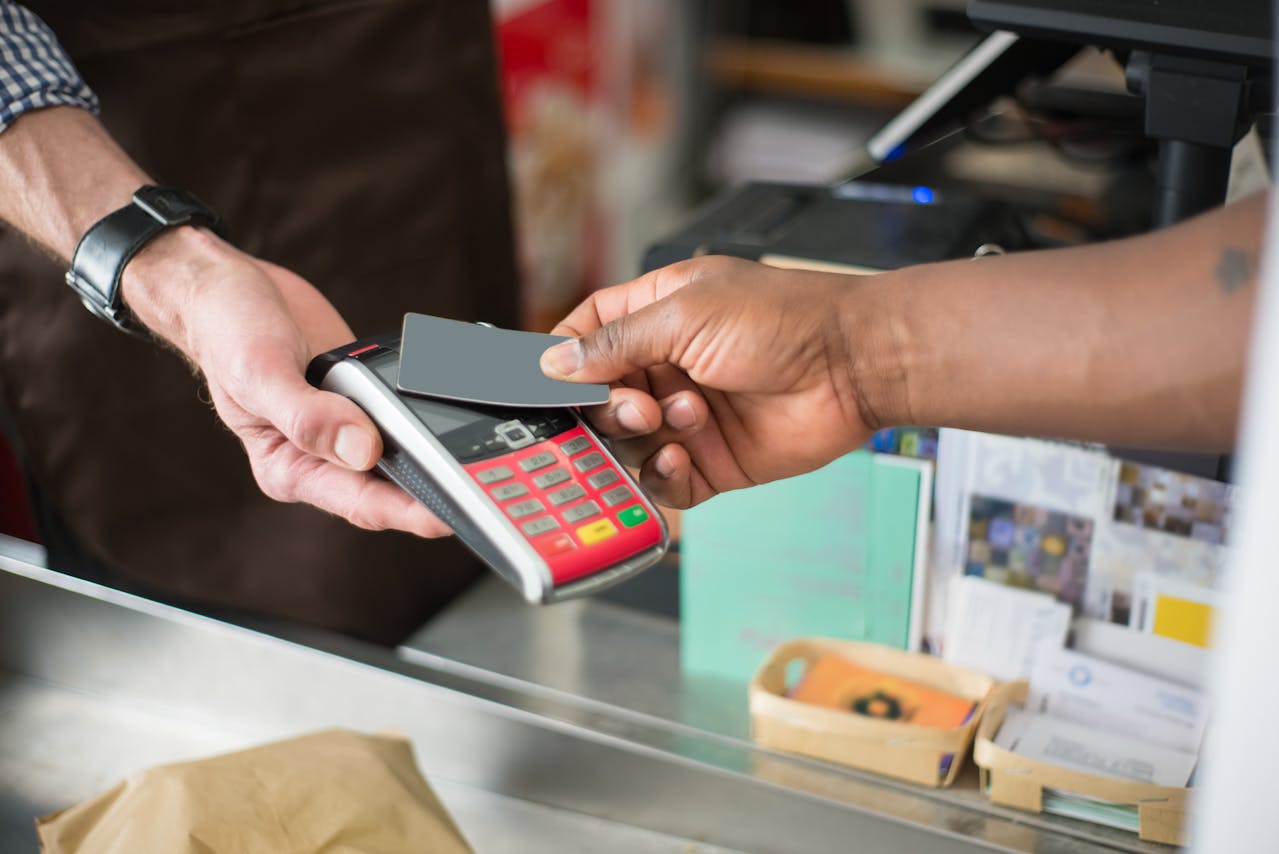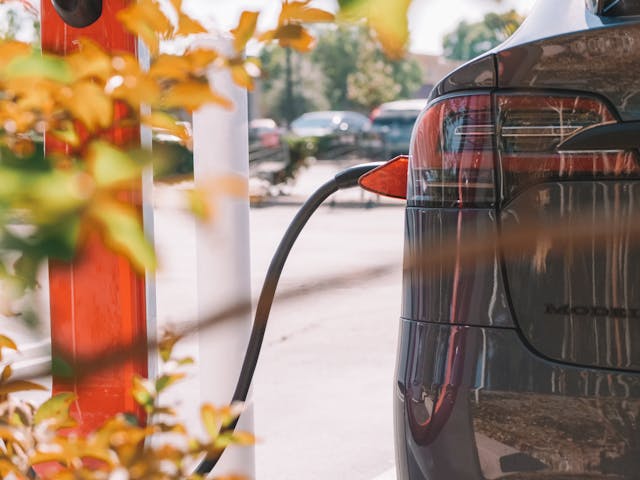

In recent years, Thailand has emerged as a vibrant hub for electric vehicles (EVs), showcasing remarkable growth and innovation across various automotive industry segments. At the heart of this transformation lies the burgeoning ecosystem of Thai EV brands, shaping the nation's transportation sector and paving the way for a greener future.
Deco, H SEM, NIU, HaoNaiqi, and Storm have been the top brands among Thailand EV players for motorcycles, with Deco leading the market with a 29% share. Deco has captured the hearts of consumers seeking eco-friendly alternatives to traditional motorcycles. Backed by Deco Green Energy and esteemed Taiwanese collaboration, LAIKE, Deco exemplifies Thailand's prowess in EV innovation.
Another key player in Thailand's EV scene is H SEM, a homegrown enterprise specializing in electric golf carts, two-wheelers, and three-wheelers. With a comprehensive lineup and a strong foothold in the market, H SEM embodies local ingenuity and entrepreneurial spirit. While Chinese-based, NIU has made significant inroads into Thailand's EV market, importing its renowned electric scooters through Sharich Holding Company. With a reputation for quality and reliability, NIU's presence underscores Thailand's openness to international collaboration and its commitment to offering diverse EV options to consumers. As a key player in the EV landscape, NIU exemplifies the global reach of Thailand's electric mobility movement.
In parallel, the electric three-wheeler (E3W) market is experiencing a renaissance, particularly in the iconic tuk-tuk segment. Initiatives like MuvMi, an all-electric tuk-tuk ride-hailing service, have propelled a 49% increase in E3W adoption from 2022 to September 2023. With EV brand Biz Next dominating the market with a 94% share in 2022, electric tricycles are becoming synonymous with sustainable urban transportation in Bangkok and beyond. The shift towards electric tuk-tuks underscores Thailand's commitment to innovation and collaboration to address urban mobility challenges.
As for public transportation, local EV brands Mine and Nex dominate the electric bus market, with over 90% market share, whereas the electric truck market remains nascent. With a commitment to quality and efficiency, Nex and Mine have become synonymous with sustainable mobility solutions, commanding a significant share of the EV commercial vehicle market. As Thailand embraces electrification, Nex and Mine will lead towards a cleaner, more sustainable future.
Thailand's adoption of battery electric vehicles (BEVs) extends beyond two and three-wheelers to encompass passenger cars. The surge in BEV adoption is evident in the remarkable growth of over 400% in new BEV passenger car sales within nine months of 2023. Chinese BEV brands like BYD, Neta, and MG have emerged as frontrunners, capturing over 70% of the market share. This growth is propelled by government initiatives, including EV tax reductions and subsidy schemes, to bolster Thailand's regional EV production hub position.
Crucial to the continued growth of Thailand's EV market is the development of robust charging infrastructure. Currently, EV buses and trucks are primarily charged at private depots, limiting their operation to short routes within cities and fixed routes. However, government initiatives to boost domestic EV manufacturing and stimulate demand for heavy EV models are expected to drive investments in public charging infrastructure. This collaborative effort involving OEMs, bus and truck operators, and charging station operators is essential in mapping out strategic locations for charging stations and optimizing the charging network.
Source: https://ycpsolidiance.com/white-paper/electric-vehicle-powerhouse-thailand-sea

Digital Lending in Southeast Asia: Current Trends and Future Outlook
Digital lending in Southeast Asia (SEA) has been on an upward trajectory, significantly enhancing financial access for both individuals and businesses. The region's high internet and mobile penetration rates have facilitated this growth, enabling more people to access financial services conveniently. Governments across SEA are actively promoting digital lending as a means to improve financial inclusion, particularly for the underbanked and unbanked populations. For instance, digital lenders in countries like Indonesia and the Philippines have capitalized on the surge in internet usage to offer innovative lending solutions.

The Latest Trends and Developments in SEA’s Digital Payments Landscape
The adoption of digital payments in Southeast Asia (SEA) has accelerated, driven by technological advancements, government initiatives, and changing consumer behaviors. It has evolved from simple online transactions to sophisticated financial ecosystems that include various payment methods such as mobile wallets, QR code payments, and Buy Now Pay Later (BNPL) options.

Navigating the Digital Era: Future Jobs and Skills in the Age of Digitalization
The job market's transformation driven by digitalization highlights the need to understand emerging trends and acquire essential skills for thriving.

Navigating Key Challenges in Southeast Asia’s EV Market
Southeast Asia (SEA) finds itself at a crucial juncture in the journey towards electric vehicle (EV) production and adoption as the world transitions towards sustainable transportation solutions. The region has several significant keys for developing the EV industry, such as Indonesia's nickel supply and Thailand's EV manufacturing potential. However, the ASEAN EV industry faces many challenges and threats that must be overcome to ensure success in the region.